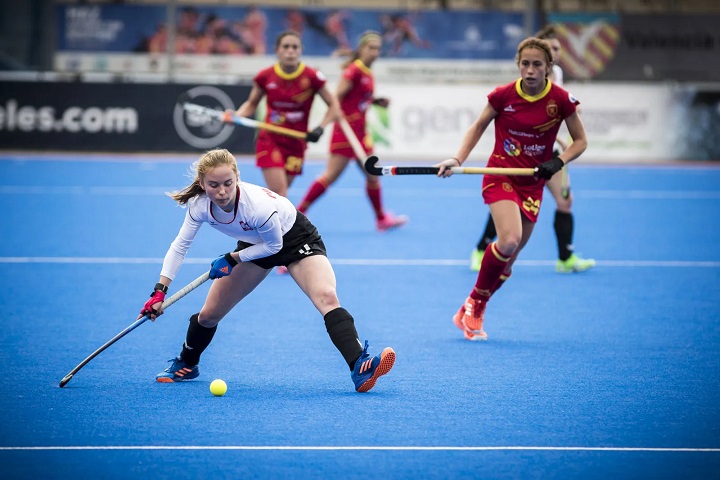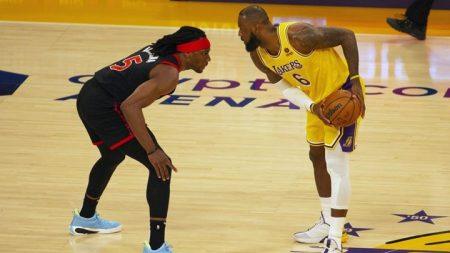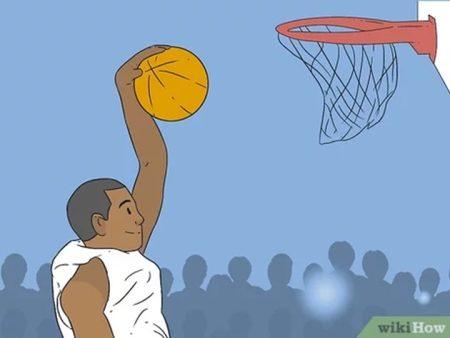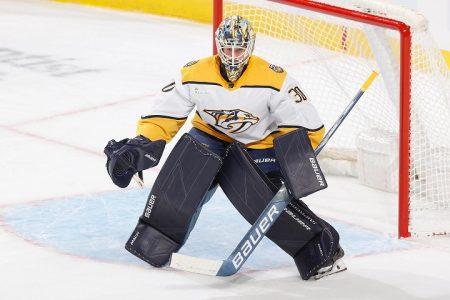Understanding the Basics of Hockey Game Timing
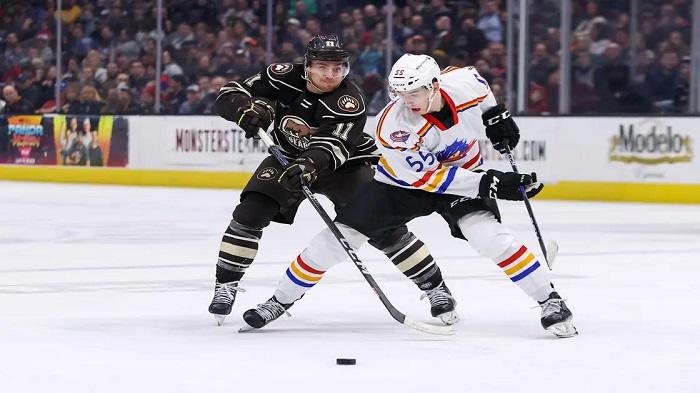
To determine how long a hockey game lasts, it’s important to understand the structure of the game itself. Hockey games are organized into periods, breaks, and potential stoppages, all of which contribute to the total time.
Standard Length of a Hockey Game: 60 Minutes of Regulation Play
In most professional leagues, such as the NHL (National Hockey League), a standard hockey game consists of three periods of play, each lasting 20 minutes. This means that the total regulation playing time is 60 minutes. However, the clock only runs during play, meaning when the puck is in action.
The Intermissions: More Time Added
Between each of the three periods, there is a break or intermission. These intermissions usually last about 15 to 20 minutes, allowing the players to rest and the ice to be resurfaced by the Zamboni. For viewers, this time serves as a great opportunity to grab snacks or stretch their legs. Including the intermissions, the time spent at a hockey game extends well beyond the 60 minutes of active play.
Stoppages in Play: What Adds More Time?
Hockey is a fast-paced game, but like most sports, there are moments when the clock stops. Some reasons for clock stoppages include:
- Icing (when the puck is shot across both the center red line and the opposing goal line without being touched)
- Offside (when a player enters the offensive zone before the puck does)
- Penalties (when a player breaks a rule and is sent to the penalty box)
- Goals (after a team scores, the game pauses to reset for a faceoff)
- Injuries or disputes on the ice
Each stoppage can take anywhere from a few seconds to several minutes, depending on the situation. On average, these stoppages can add an extra 20-30 minutes to the total time spent watching a game.
How Long is a Hockey Game Including Overtime?
Hockey games don’t always end after 60 minutes of regulation play. If the game is tied at the end of regulation, it moves into overtime.
Regular Season Overtime
In the NHL, regular-season games that are tied after regulation go into a sudden-death overtime period. In this case, overtime lasts for 5 minutes, during which the teams play 3-on-3 hockey (three skaters and a goalie per side). The game ends immediately when one team scores.
If no team scores during this 5-minute overtime, the game moves into a shootout, where teams alternate shots to decide the winner. Shootouts typically take about 10 minutes, though they can extend longer in cases where the teams remain tied.
Playoff Overtime
In the NHL playoffs, however, the stakes are much higher, and so is the time commitment. There are no shootouts in playoff games. If a playoff game is tied at the end of regulation, the game moves into a 20-minute sudden-death overtime period, where teams play 5-on-5 hockey. This continues until one team scores a goal. If the game is still tied after the first overtime period, they continue to play additional 20-minute periods until a winner is determined. Some playoff games can go into double or triple overtime, adding hours to the total game length.
Overtime in Other Leagues
Other hockey leagues and levels of play may have different overtime rules. For example:
- International games, like those in the Olympics, have varying overtime lengths depending on the stage of the tournament.
- Junior and amateur leagues may opt for shorter overtime periods or different sudden-death rules.
Total Length of a Hockey Game: How Much Time Should You Expect?
In-Person Viewing
If you’re attending a hockey game in person, you should plan for at least 2 to 2.5 hours at the arena. This time includes:
- 60 minutes of regulation play
- Two intermissions, totaling 30-40 minutes
- Stoppages in play such as penalties, icing, and goals
- Time spent arriving at and leaving the venue
On average, an NHL game lasts about 2 hours and 20 minutes, but that time can increase significantly if the game goes into overtime or features long stoppages. For playoff games, you should expect at least 3 hours.
Watching from Home
If you’re watching on TV, you’ll still need to block out about 2 to 3 hours for a full game, including any pre-game coverage, commercials, and the possibility of overtime. Hockey broadcasts also tend to include commentary during breaks, player interviews, and analysis, which can extend your viewing time slightly.
Factors that Can Affect Game Length
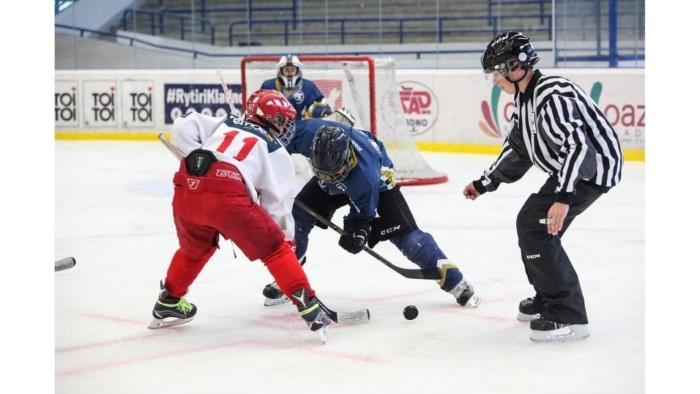
While the standard hockey game length is fairly consistent, several factors can influence the actual length of any given game:
The Pace of Play
Some games are much faster than others. If both teams are playing fluid hockey with few stoppages, the game will move along quickly. However, games with frequent icing, offside calls, or penalties will drag on longer as the clock pauses more often.
Physicality and Fights
Hockey is a physical sport, and sometimes that intensity can lead to fights between players. While fighting is part of the game in some leagues (like the NHL), it leads to stoppages in play as referees break up the altercations, assess penalties, and restore order on the ice. The more physical a game, the longer it may last.
Referee Reviews
Certain plays, such as disputed goals or penalties, may require the referees to review video footage. These reviews can take several minutes to resolve, further extending the game’s duration.
Overtime and Shootouts
As mentioned earlier, games that go into overtime or shootouts can add anywhere from 5 to 45 minutes to the total game length. Playoff games with multiple overtime periods can sometimes last over 4 or 5 hours.
Comparing Hockey to Other Sports: How Long Do They Last?
To put hockey’s game length into perspective, it’s helpful to compare it with other popular sports:
- Soccer: A standard soccer match is 90 minutes long (two halves of 45 minutes) with a 15-minute halftime. Including stoppage time and potential overtime, most soccer games last about 1.5 to 2 hours.
- American Football: NFL games are broken into four 15-minute quarters. However, with timeouts, commercial breaks, and halftime, most football games last about 3 to 3.5 hours.
- Basketball: An NBA game consists of four 12-minute quarters. Including timeouts and halftime, most NBA games take about 2 to 2.5 hours.
- Baseball: Major League Baseball games are unpredictable in length, as there’s no clock. The average MLB game lasts around 3 hours, but games can go much longer, especially if they go into extra innings.
As you can see, hockey games tend to fall in the middle range of sporting events in terms of duration, usually lasting between 2 to 3 hours.
Tips for Enjoying a Hockey Game (Without Worrying About Time)
If you’re a fan or someone just attending their first game, here are some tips to make the most of your hockey-watching experience:
Arrive Early
Give yourself time to settle in before the game starts. You’ll avoid rushing and can enjoy the pre-game atmosphere, grab snacks, and find your seats.
Embrace the Breaks
Use the intermissions and stoppages to socialize, stretch, or grab refreshments. This downtime will make the long duration of the game feel shorter.
Stay Engaged with the Action
Hockey is fast-paced, so the periods tend to fly by when you’re engaged with the game. The excitement of goals, power plays, and fast breaks keeps fans on the edge of their seats.
Be Prepared for Overtime
While not every game goes into overtime, it’s always a possibility. If you’re on a tight schedule, check the standings before the game—teams in tight playoff races are more likely to have overtime battles.
How Long is a Hockey Game?
In summary, a standard hockey game lasts 60 minutes of playtime, broken into three 20-minute periods. When you factor in intermissions and stoppages, most games take around 2 to 3 hours to complete. Games with overtime, shootouts, or playoff intensity can extend beyond that timeframe, sometimes lasting 4 hours or more.
Whether you’re watching from home or cheering from the stands, hockey is an exhilarating experience that’s well worth the time commitment. Just be sure to plan accordingly, and prepare for an unforgettable ride filled with fast-paced action, skillful play, and unpredictable outcomes

